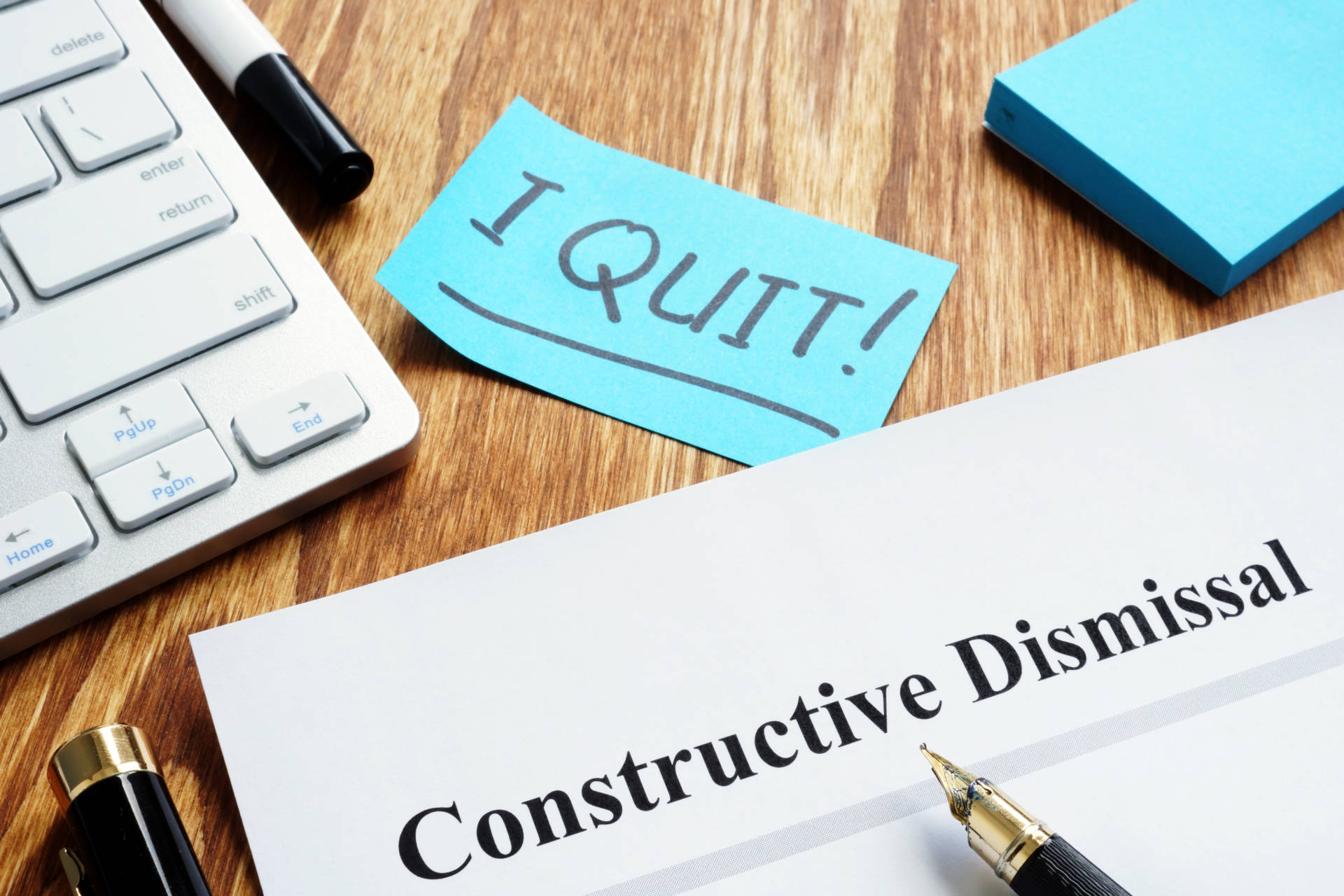People make the decision of placing a loved one in a nursing home with trust and hope that their health will be taken care of. However, signs of neglect can sometimes emerge, which can cause concern about the care your loved one is receiving.
Recognizing these red flags and understanding when to seek legal help are important steps in protecting their rights and health. This helps you make the decision whether a particular nursing home is good for your loved one or not.
To help you with this matter, here are some detailed warning signs that indicate it’s time to contact a nursing home neglect attorney.
Unexplained Injuries
Unexplained bruises, cuts, or fractures on your loved one are immediate red flags. It is true that accidents can happen. However, repeated or severe injuries often suggest negligence or even physical abuse. Nursing home staff are responsible for supervising residents to prevent such incidents, particularly for those with mobility issues.
These injuries can result from improper handling, unsafe environments, or outright violence. A nursing home neglect attorney can investigate the circumstances surrounding the injuries, gather evidence, and hold the facility accountable for failing to protect your loved one. Legal intervention can also help prevent further harm to other residents.
1.Sudden Weight Loss or Dehydration
Rapid weight loss or signs of dehydration can indicate neglect in providing adequate food or water. Malnutrition and dehydration are preventable conditions, yet they are alarmingly common in negligent nursing homes. Staff may fail to ensure that residents receive the nutrition and hydration they need, either due to understaffing or lack of care.
If left untreated, these conditions can lead to severe health complications or even death. Consulting a nursing home neglect attorney ensures that the facility is held accountable. They can also help secure compensation for medical expenses and suffering caused by such neglect.
2.Unsanitary Living Conditions
Cleanliness is a basic standard in nursing homes, and unsanitary conditions often point to deeper systemic issues. Dirty bedding, bad odors, or pests can lead to infections and deteriorate the health of residents.
Neglect in maintaining hygiene is not just a matter of discomfort – it can be life-threatening for people with compromised immune systems. An attorney can investigate whether the nursing home is violating health and safety regulations and take legal action to ensure they rectify these lapses immediately.
3.Frequent Falls
Falls can occur when there is insufficient staff to assist residents with mobility or when safety measures, like grab bars and railings, are absent. This is an ultimate sign that your loved one is not being taken care of properly.
For elderly people, falls can lead to broken bones, head injuries, and prolonged hospitalizations. If your loved one experiences multiple falls, an attorney can examine whether the nursing home took adequate precautions to prevent them.
They can hold the facility liable for negligence and pursue compensation for the resulting injuries. However, to get the most favorable outcomes, you will have to hire a local attorney from your city or state.
For instance, if your loved one is residing in a nursing home in Nevada, you can consult Las Vegas nursing home neglect and abuse attorneys to provide you with necessary guidance and legal support. This will ensure that the rights of your loved one are protected and you get compensation for the harm suffered.
4.Bedsores or Pressure Ulcers
Bedsores, also known as pressure ulcers, develop when a resident is left in one position for extended periods without being moved or repositioned. These sores are not only painful but also completely preventable with proper care.
Bedsores often indicate severe neglect and can lead to life-threatening infections if left untreated. A nursing home neglect attorney can gather medical evidence to demonstrate how the facility’s lack of care caused these injuries. They can also seek damages to cover medical treatment and the pain endured by your loved one.
5.Emotional Changes or Withdrawal
A sudden shift in your loved one’s behavior – such as becoming withdrawn, anxious, or overly quiet—may signal emotional abuse or neglect. They might fear retaliation or feel ashamed to report mistreatment, making it crucial for families to be vigilant.
Emotional abuse can cause long-term psychological harm, eroding a person’s confidence and sense of security. A skilled attorney can collaborate with psychologists and other experts to uncover the emotional trauma and hold the responsible parties accountable for their actions.
6.Unexplained Financial Transactions
Financial abuse in nursing homes can be subtle yet devastating. If you notice suspicious withdrawals, missing checks, or unauthorized changes in financial documents, it’s a strong sign of exploitation.
This type of abuse often involves staff members manipulating or stealing from vulnerable residents. An experienced attorney can investigate the financial discrepancies, recover lost assets, and ensure safeguards are put in place to prevent further exploitation.
7.Medical Neglect
Failing to administer medication, ignoring symptoms, or delaying medical attention are forms of medical neglect that can have serious consequences. Residents rely on nursing home staff to manage their health conditions and ensure they receive timely care.
Medical neglect can worsen existing conditions, cause new health issues, or even lead to death. A nursing home neglect attorney can work with medical professionals to document how this negligence occurred and pursue justice on behalf of your loved one.
8.Staff Refusing Access to Records
Transparency is a cornerstone of trust in nursing home care. If staff refuse to share medical records, incident reports, or other documentation, it may indicate they are hiding evidence of neglect or abuse.
This lack of cooperation is a significant warning sign that requires legal intervention. An attorney can use legal tools to demand access to these records, investigate the situation, and ensure your loved one’s rights are protected.
9.High Staff Turnover or Understaffing
Frequent changes in staff or visible understaffing can compromise the quality of care in nursing homes. Overworked or inexperienced staff may neglect residents’ needs, leading to injuries, illnesses, or emotional harm.
Understaffing is often linked to cost-cutting measures, which place residents at risk. A nursing home neglect attorney can investigate whether the facility is meeting state-mandated staffing requirements and demonstrate how understaffing contributed to neglect or harm.











